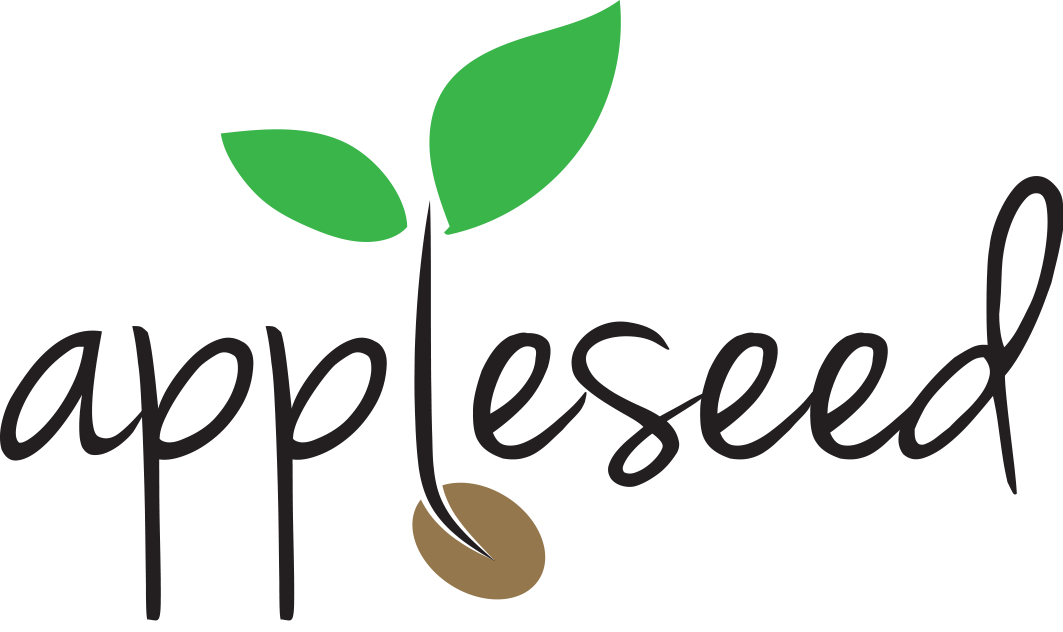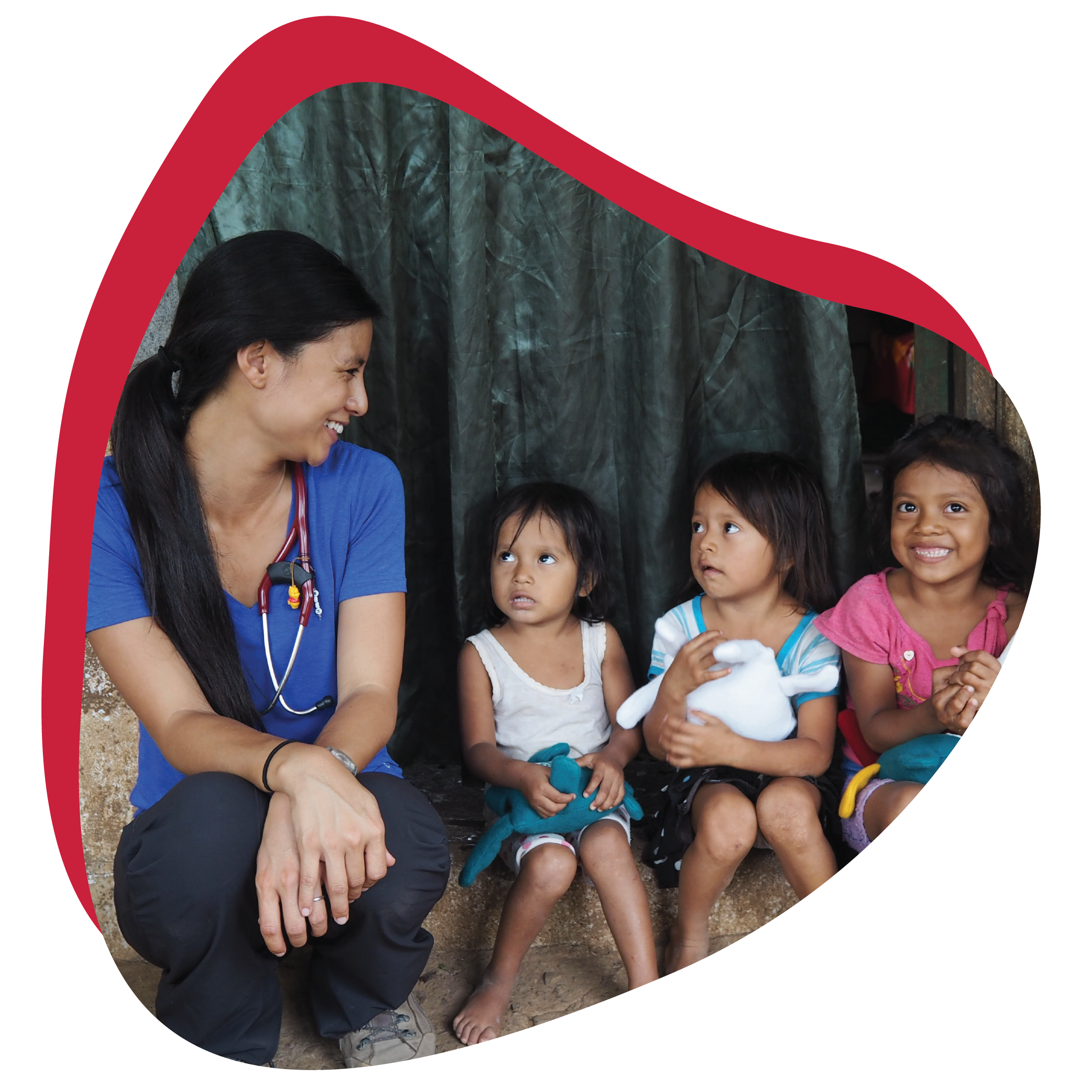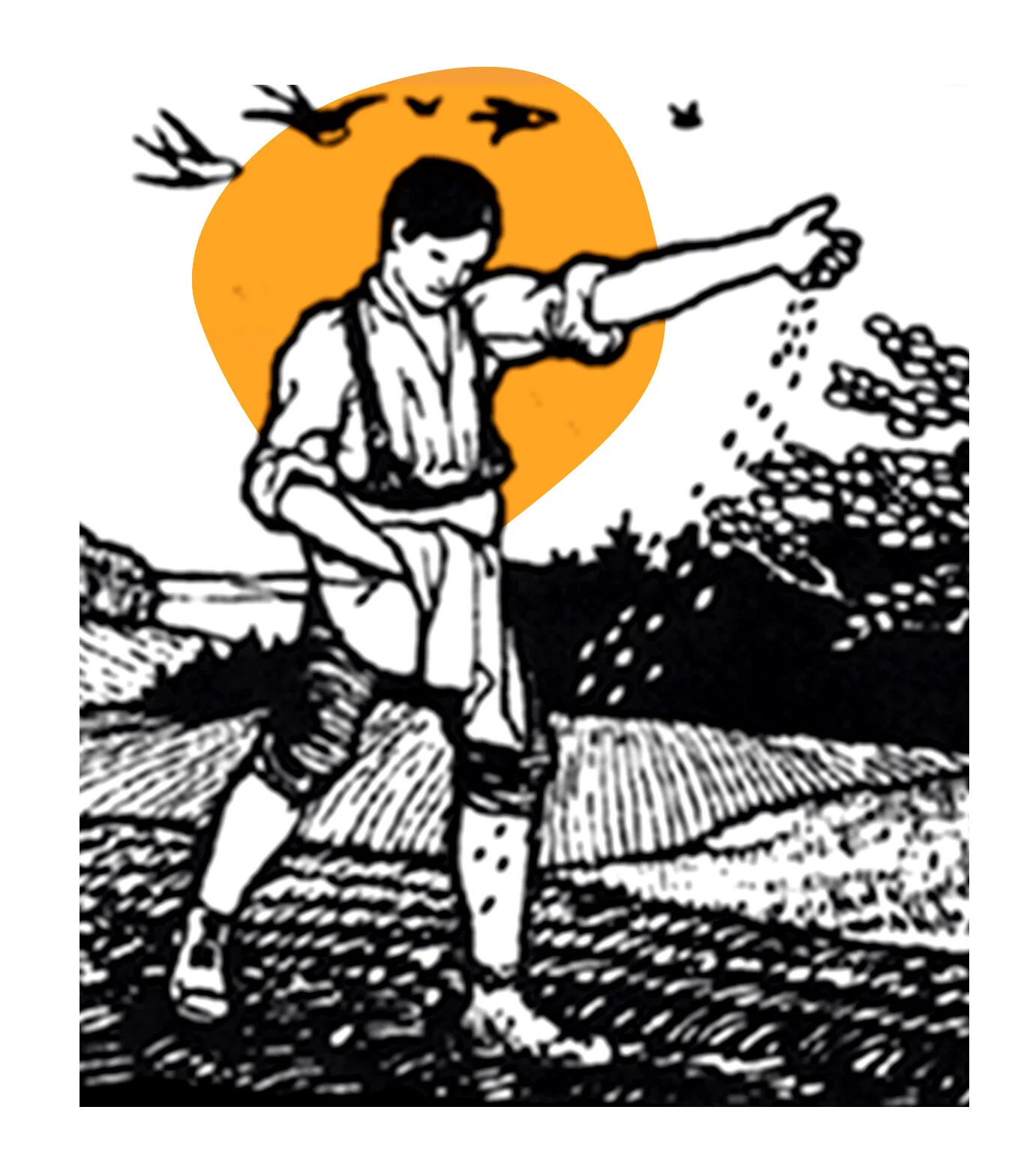Our Story
2010
Philip spent 2010 in China and Ecuador, building clean water kiosks and distributing home water filters in villages.
On return trips, he saw the kiosks and filters gathering dust. Despite all the funding, engineering, community participation and training, the projects had failed. In each village, a unique web of human factors (inconvenience, unfamiliar taste, town rivalries, etc.) had blocked sustained adoption.
Meanwhile, Ruth was a medical student doing global health stints in Malawi, Ecuador, and Taiwan.
In Malawi, she saw mosquito bed nets used to catch fish. After all, people must eat. The nets failed to stop malaria. Everywhere, Ruth saw doctors giving orders to patients, yet falling short of changing behavior. Problems persisted and lives were sometimes lost.
2015
After rebooting his career with the social marketing agency, SGA, Philip spent years learning to foster behavioral change en masse. His campaigns got thousands of Californians to reduce water-usage, to stop eating contaminated fish, to recycle used paint, and more.
Ruth, a practicing pediatrician, grew effective at changing parent and children behaviors to improve health outcomes.
Adam was a colleague of Philip’s who wanted to make more impact with his business and law background.
Together, they dreamed of bringing behavior change methods to local impact organizations and NGOs fighting child malnutrition. In 2015, the trio founded Appleseed to improve what children eat.
2020+
Appleseed has completed projects on four continents, and the team has grown to include new staff, board members, advisors, volunteers, and the support and recognition of Miller Center GSBI, SOCAP, and Echoing Green.
The vision has become clear: a future where “design for behavioral change” becomes standard practice, enabling impact organizations to improve significantly more lives, more meaningfully.
To that end, Appleseed now tackles all issues covered by the Sustainable Development Goals, in addition to child malnutrition. Also, Appleseed now only takes on, as clients, organizations with the highest potential for impact: early- and growth-stage social enterprises.
A new day has come for social enterprise teams pursuing impact-at-scale. These changemakers strive to treat people as customers not beneficiaries; they track and make progress using evidence; they seek low-touch interventions in a post-COVID world; and they are ready for behavioral research and strategy to amplify their impact. Appleseed exists for them.





